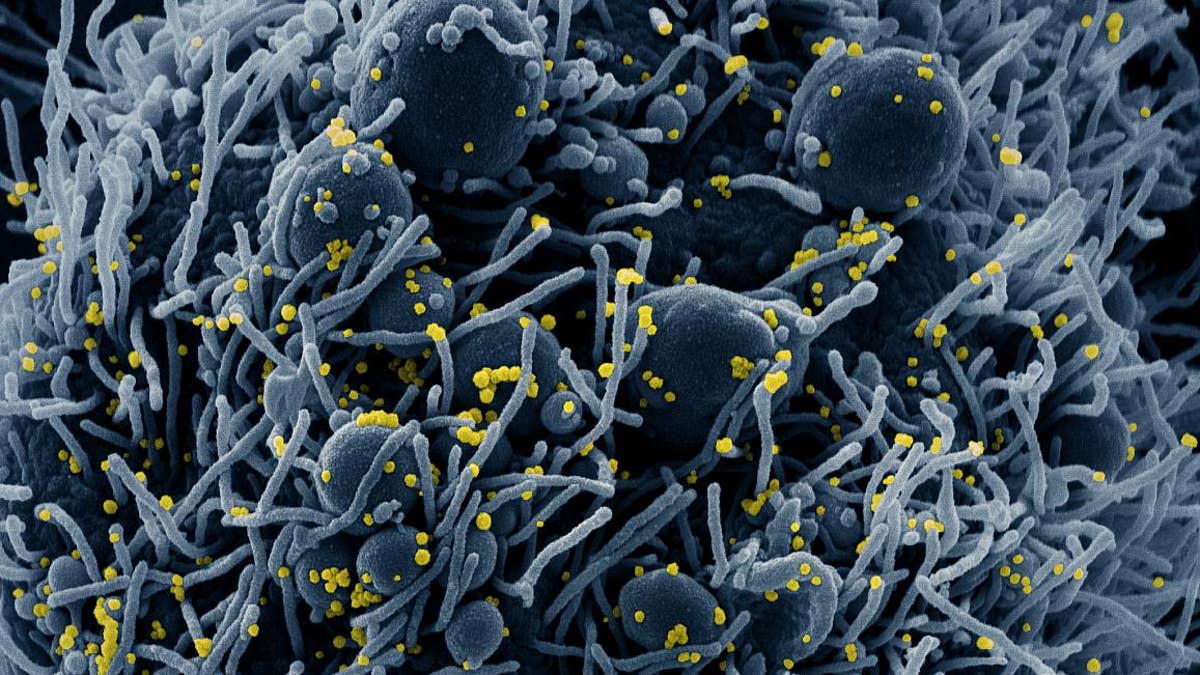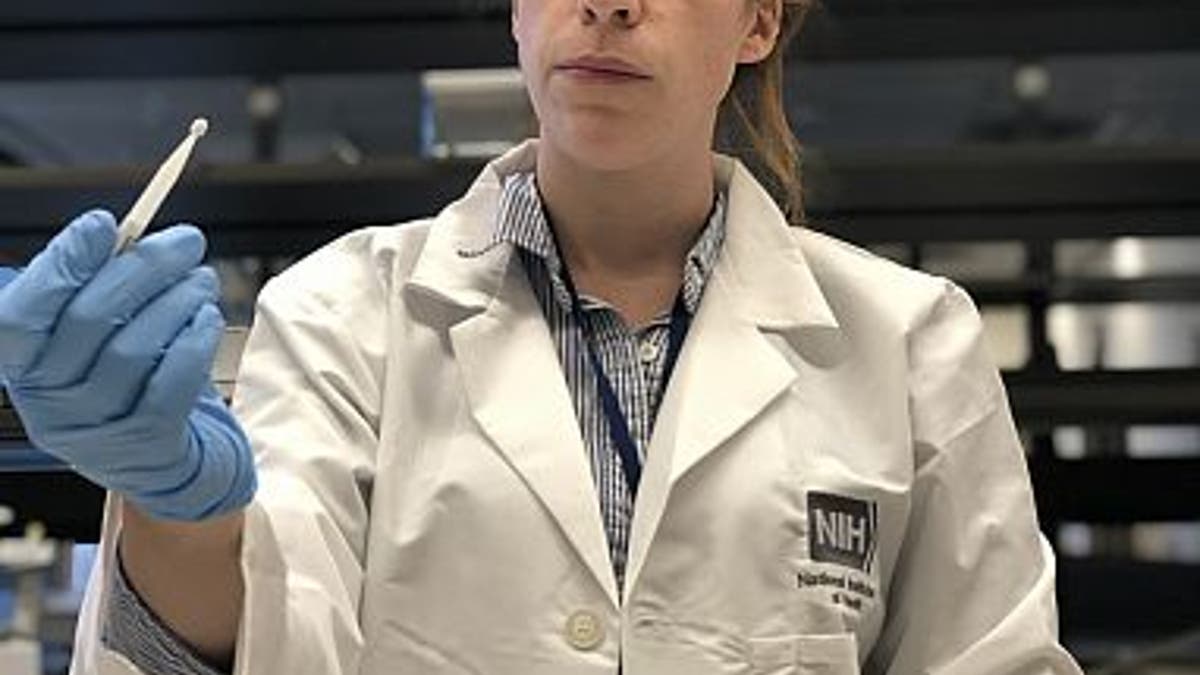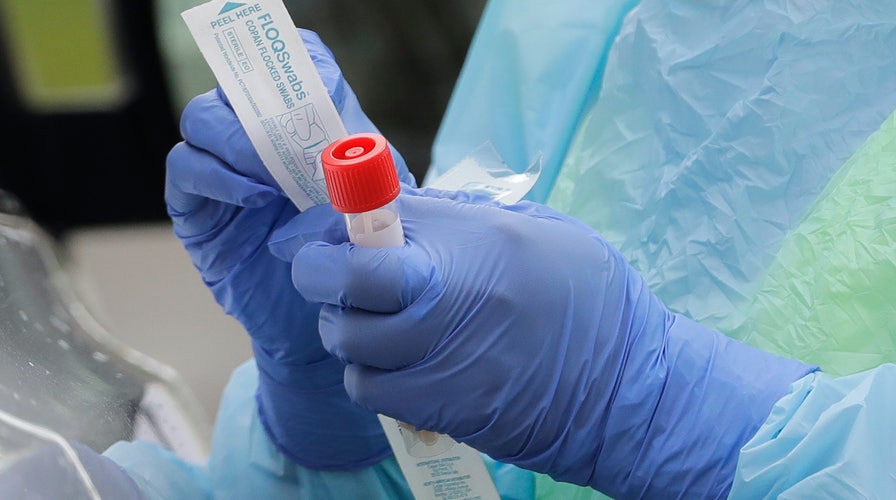Fox News Flash top headlines for April 13
Fox News Flash top headlines are here. Check out what's clicking on Foxnews.com.
Get all the latest news on coronavirus and more delivered daily to your inbox. Sign up here.
To date, more than 557,000 people in the U.S. have knowingly tested positive for coronavirus or SARS-CoV-2. A new study, however, is looking to find out how many Americans have had COVID-19 that was not detected.
The study, being conducted by the U.S. National Institutes of Health (NIH), will attempt to figure out how many Americans have contracted the virus by looking for antibodies in their bloodstream, which would indicate a prior infection.
"In this 'serosurvey,' researchers will collect and analyze blood samples from as many as 10,000 volunteers to provide critical data for epidemiological models," the NIH wrote in the release. "The results will help illuminate the extent to which the novel coronavirus has spread undetected in the United States and provide insights into which communities and populations are most affected."

Colorized scanning electron micrograph of an apoptotic cell (blue) infected with SARS-COV-2 virus particles (yellow), isolated from a patient sample. Image captured at the NIAID Integrated Research Facility (IRF) in Fort Detrick, Maryland. (Credit: NIAID)
CDC STUDY SUGGESTS CORONAVIRUS CAN TRAVEL 13 FEET IN AIR AND LIVE ON SHOES
To be included among the 10,000 volunteers, participants must be over the age of 18, live anywhere in the U.S. and cannot have a confirmed case of COVID-19.
They must also not be experiencing any symptoms of the virus, including coughing, sneezing, fever or any of the other known associated symptoms.
“This study will give us a clearer picture of the true magnitude of the COVID-19 pandemic in the United States by telling us how many people in different communities have been infected without knowing it, because they had a very mild, undocumented illness or did not access testing while they were sick,” said Dr. Anthony Fauci, director of the National Institute of Allergy and Infectious Diseases, in the statement. “These crucial data will help us measure the impact of our public health efforts now and guide our COVID-19 response moving forward.”
Dr. Fauci is a member of the White House's coronavirus task force and is widely considered one of the world's leading experts on infectious diseases.
Researchers will look for two types of antibodies in their testing, anti-SARS-CoV-2 S protein IgG and IgM, in an effort to fight against the highly contagious virus. So far, researchers have largely relied on molecular tests using a cotton swab to determine the presence of the virus. However, they are not able to determine whether a person had the virus and has recovered.

Kaitlyn Sadtler, Ph.D., study lead and principal investigator for laboratory testing, holds up a microsampling device from the home blood collection kit used in the study. (Credit: NIBIB)
“An antibody test is looking back into the immune system’s history with a rearview mirror,” Dr. Matthew J. Memoli, principal investigator of the study and director of NIAID’s Laboratory of Infectious Diseases Clinical Studies Unit, added. “By analyzing an individual’s blood, we can determine if that person has encountered SARS-CoV-2 previously.”
Those who partake in the study will first attend a "virtual clinic visit," complete a health questionnaire and then submit a blood sample, either with an at-home testing kit or head to the NIH Clinical Center in Bethesda, Md.
If interested in participating, people can contact clinicalstudiesunit@nih.gov for more detail.
CLICK HERE FOR COMPLETE CORONAVIRUS COVERAGE
As of Monday morning, more than 1.86 million coronavirus cases have been diagnosed worldwide, including more than 557,000 in the U.S., the most impacted country on the planet.









































